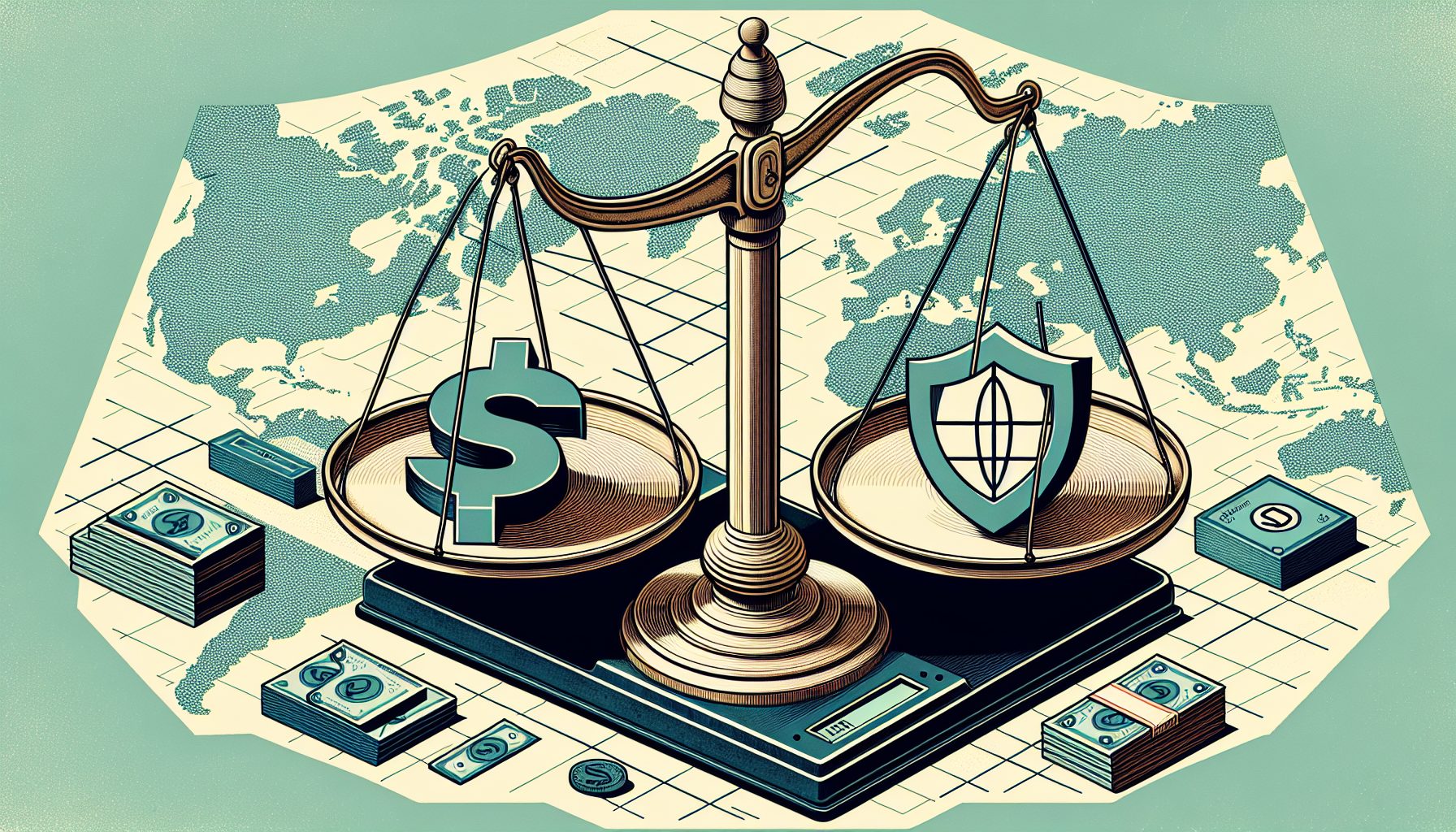My launch pad to becoming Federal Express’ chief information officer was an assignment I got in 1986, 10 years after I joined the company. I was asked to head up a project to place PCs with our large customers. Only 250 of our customers had these PCs, which were intended to automate routine tasks, like filling out airbills. It was low-tech and unreliable—we had to exchange diskettes with customers. And it didn’t take advantage of the rich back-end database we were creating, to let our customers do self-service. Package-tracking was coming to the forefront at about that same time.
In something like my first 24 hours on the job, I said, “These PCs have all got to have modems on them.” The salespeople pushed back big time on that. They thought the customers would balk at paying the $15 a month for a phone line. But I felt if we could sell through the objections, it would become a huge competitive advantage for us. And it did. The customers in the PowerShip program—as we came to call it—grew from 250 to 125,000 over the next 15 years. Because of the program’s success, we were able to add billions to our revenue and operate with 20,000 fewer people than we otherwise would have done.
By training I’m a Certified Public Accountant, and I had no intention of becoming a technology executive when FedEx hired me for its business-planning department. But my lack of formal technical training didn’t hinder my success when my career shifted in that direction; in some ways it helped. For one thing, I never got bogged down in all of the zeroes and ones—I stayed focused on the outcome the customer wanted. And from a technology standpoint, I made sure that I moved far enough up the learning curve so I could question to a void—which means you keep asking questions until you get all the answers and there are no more questions to ask.
If I hadn’t had this quality of thoroughness when I joined Federal Express, my first boss, Pete Willmott, the company’s chief financial officer, would have drilled it into me. Pete had a tremendous mind for business. Working with him was like going back to graduate school each day because of how bright he was—and frankly, what he expected of you.
In those years, we sometimes worked close to 130 hours a week. One night, at around 10:30 p.m., I was getting ready to leave. I’d been working very closely with Pete, trying to get a piece of work completed to respond to some questions from our board. I felt that we were through. So I said, “I’ll see you in the morning.” And he said, “Well, we’re not done yet.” We were there until about 12:30 or 1:00 a.m. I gained a lot from the standards he set for thoroughness and completeness. But I will just never forget being told at 10:30 p.m., “Where are you going? We’re not done yet.”
The other thing I won’t forget about Pete is the people- touch he brought to his job. He was, after all, requiring extraordinary sacrifice. So he would go around to each person’s desk—those who were still there at 1 a.m.—and thank them for what they had done.
If you approach it the right way, work is a constant learning process. In the nine years I was chief information officer of FedEx, I probably spent 20% of my time on the West Coast visiting with vendors to learn about new technologies. I also spent a lot of time with other technology executives whom I viewed as best-practice in some slice of what they did. That often gave us new ideas about how to apply what they were doing to some of our problems.
Studying the operations of credit card companies—how they compress the time lag between when they receive a transaction and when they bill for it—was something we took particular advantage of. By emulating their process, we made a dramatic improvement in cycle times of when we picked up a package to when we billed for it. That improved our cash-on-hand and our days-sales outstanding.
—Interview and Article by Robert Hertzberg
Dennis Jones is president and chief operating officer of Commerce One. He worked at Federal Express for 25 years and has also been a venture capitalist.








